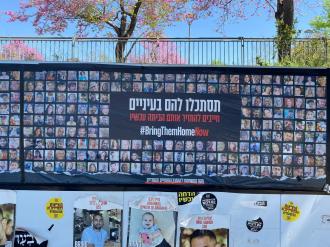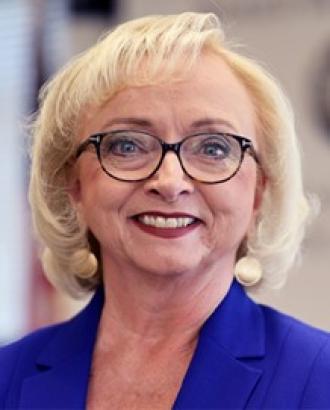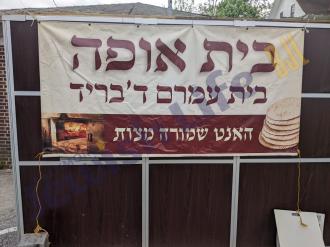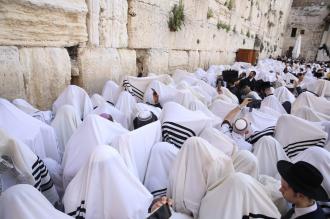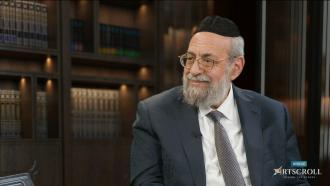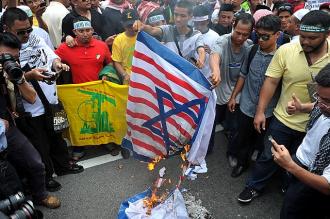Jerusalem - Attorney General Avichai Mandelblit prohibited on Thursday the Women of the Wall organization from staging a female ‘Birkat Cohanot,’ priestly blessing ceremony in the women’s section of the Western Wall during Passover as it had intended.
The proposed ceremony had incensed even further the haredi world, and the Orthodox religious establishment in general, already smarting from several recent defeats regarding religious life, as well as the government agreement to establish a state-recognized egalitarian prayer section at the southern end of the Western Wall.
Religious Services Minister David Azoulai of Shas has requested that Mandelblit hold a hearing on the WOW ceremony, which was duly held Thursday morning with representatives from the Prime Minister’s Office, the Religious Services Ministry, the Administrator of the Western Wall Rabbi Shmuel Rabinowitz and officials from the Justice Ministry.
Rabinowitz and the Religious Services Ministry representative argued that a female priestly blessing contravened local custom at the Western Wall, noting that it had never been performed at the site, as WOW itself acknowledges.
The organization described its proposed event, which had been scheduled for Sunday, as “the first ever women’s Priestly Blessing at the Kotel… by women for women,” and invited women from around the country to participate.
A mass Birkat Kohanim ceremony has taken place twice a year at the Western Wall since 1970, during the intermediate days of Passover and Succot, in which men of the priestly Kohen caste raise their hands and bless the tens of thousands of Jews who gather for the event.
The Attorney General said he was banning Women of the Wall’s female ceremony on legal grounds since he said it contravenes sections 2a1a of the Regulations for Protecting Jewish Holy Places 1981, which prohibits “conducting a religious ceremony which is not in accordance with the customs of the site.”
Women of the Wall had argued that such claims were addressed by the Judge Moshe Sobel of the Jerusalem District Court in 2013 who ruled that since there is no appropriate alternative prayer space for the organization’s prayer services, “the customs of the site” had to include those of the organization as well.
Azoulai welcomed the Attorney General’s decision, saying that “with Gods help, we cancelled this disgrace.”




